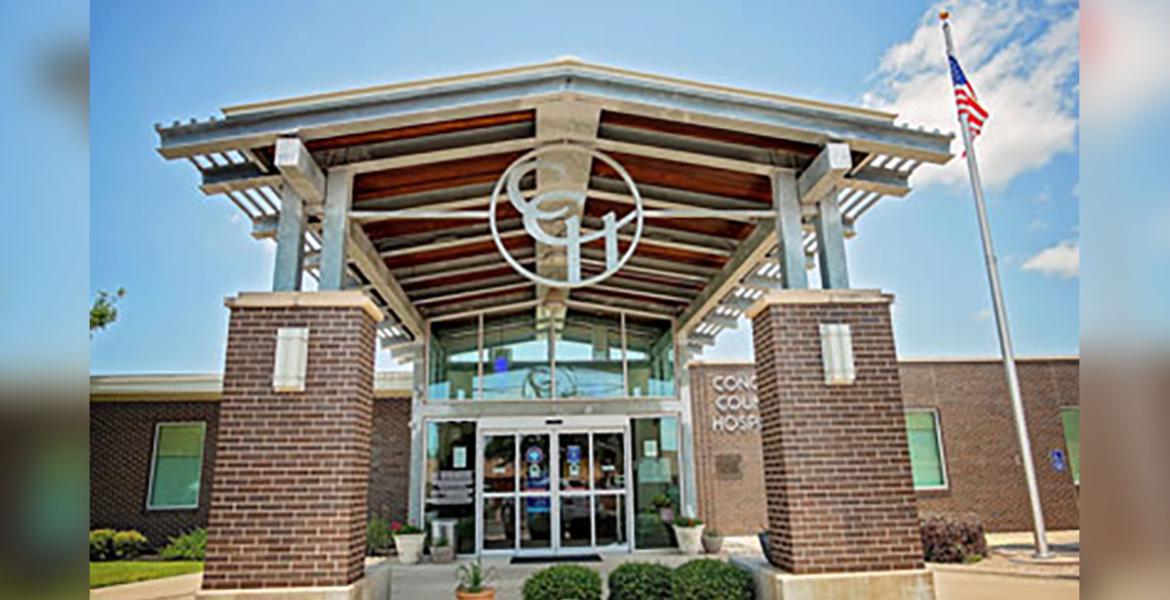SAN ANGELO, TX — Attorneys for San Angelo Community Medical Center and their associated clinic, San Angelo Community Associates, attempted to get the lawsuit filed against them by Dr. Milton Leon and his independent clinic, Cardiology Associates of West Texas, thrown out of court yesterday.
In a lawsuit filed in 2016, Dr. Leon alleged that Community Medical was involved in restraint of trade; anti-competitive conduct; tortious interference with existing contracts with his non-CMA cardiologists; tortious interference with prospective relations such as patients; fraud; promissory estoppel; and unjust enrichment with anti-competitive conduct.
Community is attempting to shut down Leon’s independent private practice in order to grow Community Medical Associates’ cardiology patient business, Leon alleges.
In Tuesday’s hearing in the 51st District Court in San Angelo, presiding visiting Judge Charles Chapman heard arguments from Community’s team of lawyers that the case should be dismissed because of a Texas statute that is designed to protect free speech.
Called the Texas Citizens Participation Act, or TCPA, it is often referred to as the anti-SLAPP statute. The law originated to shut down legal “bullies” who would litigate to prevent journalists, for example, from speaking ill of brands or of public personalities.
From Austin, bicyclist Lance Armstrong went on a legal lawsuit filing spree in the 2000s to silence associates and media outlets from mentioning allegations that Armstrong was taking performance-enhancing drugs in order to win the Tour De France seven times.
In court Tuesday, Dallas attorneys for Community Bill Katz and Katherine Rowsey tag-teamed a meticulous presentation of the TCPA and how it applies to the Leon’s lawsuit against them.
According to Katz and Rowsey, Community had concerns about the competency of Leon’s associate cardiologists, and expressing those concerns was protected under the anti-SLAPP statutes.
Leon’s lawsuit alleges that for years Community placed arduous training demands on Leon’s hired assistant cardiologists and then denied Leon coverage in his absence at the emergency room. Doctors need time off, and to get it, fellow cardiologists will “cover” their patients. Leon claimed in his lawsuit that Community would not cover his patients and harassed any additional cardiologist he hired to cover for him. This effectively required Leon to be on-duty 24/7.
That was one of several ways Community was attempting to destroy Leon’s private practice, the lawsuit alleges.
The anti-SLAPP arguments made by Community’s legal team yesterday centered around whether their critiques and restrictions on Leon’s associated cardiologists were protected as the hospital’s expression of free speech. Free speech was important because it involved a public interest—the health of the public, Katz argued.
Leon’s attorney fired back. This was not about anti-SLAPP at all, he argued. It was about business practices designed to put his client out on the street. He presented the judge case law, a 2015 Supreme Court of Texas decision that went against Memorial Hermann Hospital System in Houston.
In Dr. Miguel Gomez v. Memorial Hermann Hospital System, the circumstances were similar, Leon’s attorney Paul Craig Laird II of Dallas argued. In the Memorial Hermann case, Dr. Gomez argued that the large hospital was engaged in spreading false and misleading statements, disparaging his reputation. Gomez won a $6.3 million judgment paid to him by Memorial Hermann.
Laird said his best counter-argument was this case law. It shows that the Texas Supreme Court has already ruled that lawsuits like Leon’s can move forward.
Judge Chapman listened intently, asking few questions until the end.
“I feel like I am hearing arguments for two different cases,” he lamented from the bench.
Community’s defense team peppered the judge with binders of case law and their arguments. They included a printout of a Powerpoint presentation summarizing their arguments. For Leon, Laird presented the printed Memorial Hermann decision written by iconic and former Texas Supreme Court Justice Don Willett.
In the 2015 decision, Willett states, “We hold that Dr. Gomez’s petition presents multiple viable anticompetitive actions.”
“I’m going to gather all this stuff and see what I can make of it,” Judge Chapman concluded.
Judge Chapman has 30 days to render his decision, by April 5, if he will dismiss the case.
For more on Leon v. San Angelo Community Medical Center, see these articles:
Subscribe to the LIVE! Daily
Required






Post a comment to this article here: